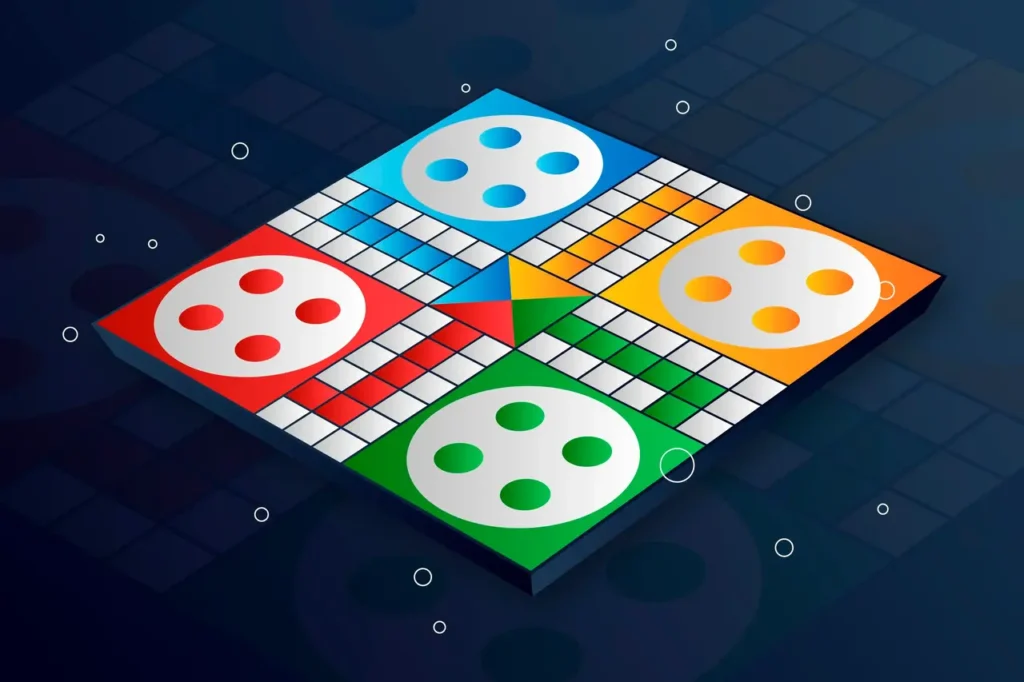In today’s digital age, traditional board games are experiencing a remarkable transformation. Games like Ludo, which have been a staple of family gatherings for generations, are now taking the leap into the digital realm, making them more accessible and engaging than ever before. The increasing demand for board games on mobile platforms has opened up a new avenue for developers to bring these classic games to life in exciting ways. This blog delves into how Ludo app development is leading the charge in this evolution and shaping the future of board game software development.
The Rise of Digital Board Games
The shift from physical board games to digital versions has been monumental in recent years. With advancements in technology, developers can now recreate the classic board game experience on mobile devices while adding modern features that enhance gameplay. This evolution is not just limited to Ludo but extends to a variety of beloved board games like Chess, Monopoly, and Scrabble.
One of the primary reasons behind this shift is the convenience and accessibility that digital platforms offer. Players can enjoy their favorite board games anytime, anywhere, without the need for physical game pieces or a group of people in the same location. Additionally, features like multiplayer modes, chat options, and enhanced graphics bring a new level of excitement to these timeless games.
Ludo: A Classic Game Goes Digital
Ludo, a game with roots that date back centuries, has emerged as a frontrunner in the digital transformation of board games. The simplicity of Ludo, combined with its strategic gameplay, makes it an ideal candidate for app development. Ludo app developers have taken this classic game and transformed it into a modern-day digital hit, allowing players to connect with friends and family from across the globe.
Today, Ludo app development is not just about replicating the traditional board game. Developers are adding a range of features such as customizable boards, new game modes, and exciting animations that make the digital version even more captivating than the original. Players can now enjoy real-time multiplayer gameplay, AI opponents, and tournaments that take Ludo to an entirely new level.
Key Features of Ludo App Development
Developers who specialize in Ludo app development focus on integrating several key features that enhance the user experience:
- Cross-Platform Compatibility: Ensuring the game can be played across different platforms, such as iOS, Android, and web browsers, expands its reach to a wider audience.
- Real-Time Multiplayer: Allowing players to compete with others in real-time from different locations adds a competitive edge to the game.
- Customizable Features: Options like choosing board designs, themes, and game rules give players the freedom to personalize their gaming experience.
- Seamless User Interface: A user-friendly interface ensures smooth navigation, allowing even novice players to enjoy the game without any difficulties.
- In-Game Chat & Social Sharing: Adding chat options or the ability to share achievements on social media enhances the social aspect of the game, encouraging more engagement.
- Monetization Strategies: In-app purchases, ad placements, and premium membership options allow developers to monetize the app while providing users with enhanced gameplay experiences.
The Role of Board Game Software Development
While Ludo is a standout example, the transformation of board games into digital formats has become a significant trend in the gaming industry. Board game software development encompasses not just the recreation of classic games but also innovating them for the modern gamer. Developers are tasked with maintaining the essence of the original games while incorporating features that appeal to today’s digital audience.
The scope of board game software development includes creating adaptable versions of games that can be played on various devices, ensuring that the game mechanics remain smooth and intuitive in a digital format. Whether it’s converting classic games like Chess or more complex titles like Settlers of Catan, developers have an exciting challenge of blending nostalgia with innovation.
Why Ludo Leads the Way
Among the various board games making the digital leap, Ludo has maintained its relevance and appeal across generations. The relatively simple mechanics, combined with the strategic depth, make it a game that is easy to learn but challenging to master. Ludo app developers have recognized this and have built features that retain the core fun of the game while enhancing it for a modern audience.
The versatility of Ludo makes it ideal for both casual players and competitive gamers. With the addition of leaderboards, rankings, and tournaments, the game has become a global phenomenon, engaging millions of users worldwide. The ability to play short games on-the-go, along with real-time multiplayer options, keeps players coming back for more.
The Future of Board Game Software Development
As technology continues to evolve, the future of board game software development looks promising. With the integration of virtual reality (VR) and augmented reality (AR), the way we play board games could change drastically in the coming years. Imagine playing a game of Ludo in a virtual environment where you can interact with life-sized game pieces, or enjoying a game of Monopoly with AR elements bringing the board to life right on your dining table.
Moreover, artificial intelligence (AI) will play an increasingly important role in enhancing gameplay experiences. AI-driven opponents that adapt to the player’s skill level will provide more engaging solo experiences, while sophisticated matchmaking systems will ensure balanced multiplayer games.
Conclusion
The digital transformation of board games, particularly through Ludo app development, is paving the way for a new era in board game software development. As developers continue to push the boundaries of what’s possible in the gaming industry, we can expect even more innovative and immersive experiences for players. Whether you’re a casual player or a die-hard fan of classic board games, the digital future holds exciting possibilities that will change the way we play forever.
With classics like Ludo leading the charge, it’s clear that the intersection of tradition and technology is opening up endless opportunities for both developers and gamers alike.
Also Read- The Future of Mobile Payments: How Blockchain Is Changing the Game
Also Read – Which Colour Prediction Game Gives Bonus?



